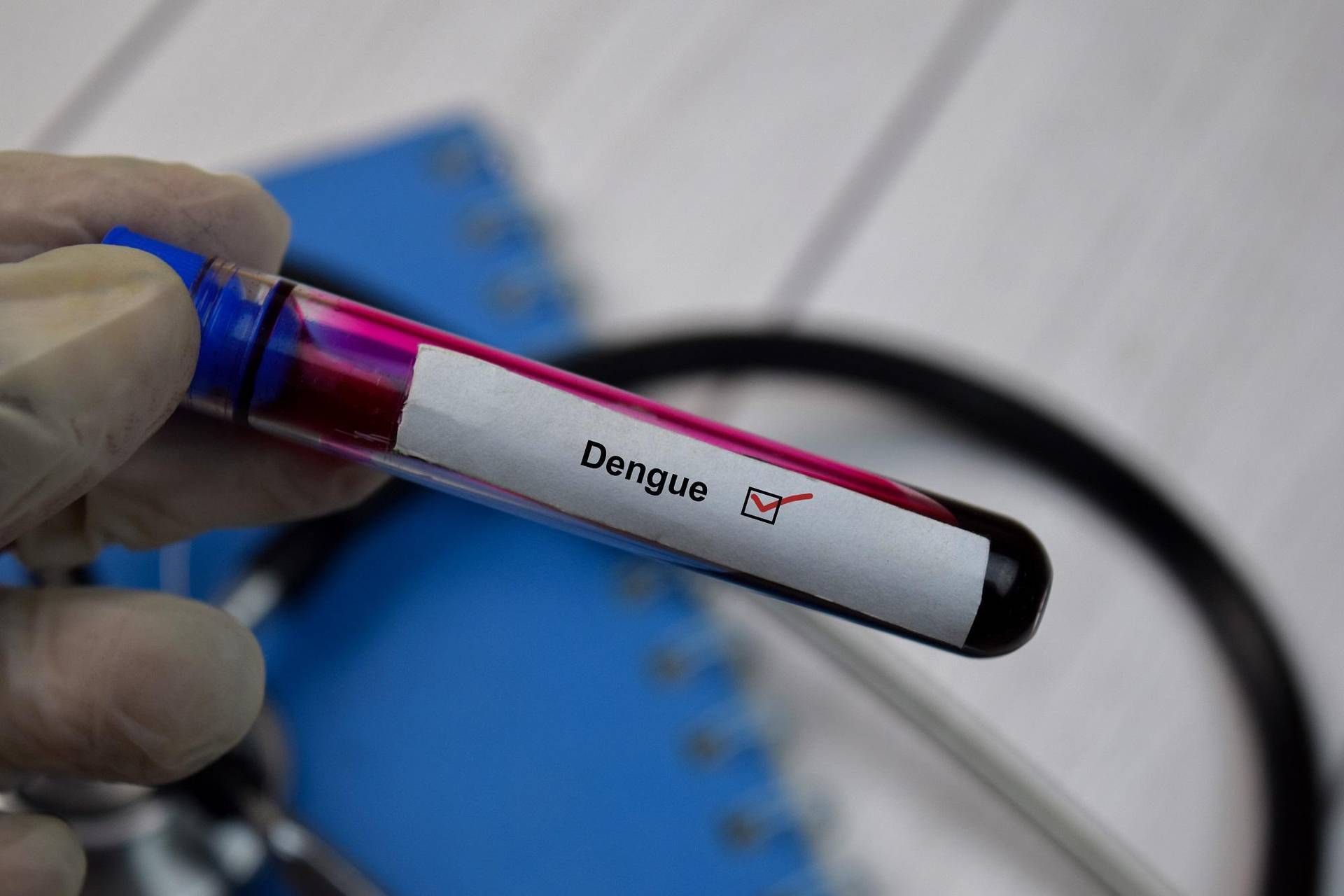Dengue Cases Increase in Italy, Reaching 261
The number of Dengue fever cases in Italy continues to rise, according to the latest bulletin from the Higher Institute of Health (ISS). The total number of cases now stands at 261, compared to 249 last week. Of these cases, 49 are autochthonous, meaning they were transmitted locally in Italy. This marks an increase from the previous 42 cases.
The autochthonous cases are spread across three different transmission episodes in the provinces of Lodi, Latina, and Rome. Lodi has the highest number of confirmed cases at 28, followed by Rome with 18 cases and exposures in different parts of the metropolitan city. Investigations are currently underway to determine any epidemiological links to these cases, including a single case in Anzio.
Fortunately, all known cases have either recovered or are in the process of improving. Lombardy and Lazio are the regions with the highest number of cases, at 86 and 60 respectively. The average age of patients is 36, and 55% of the cases are male. However, Dengue cases have also emerged in other regions, including Sicily, Marche, and Liguria, prompting concern about the increasing spread of the disease.
In Rome, one autochthonous case was recently hospitalized but is in good condition. “This morning, a lady who is an indigenous case linked to the other episodes recorded in Rome was hospitalized, and she is doing fine,” said Alessandra D’Abramo, the medical director of high-intensity treatment infectious diseases at the INMI Spallanzani in Rome. Lazio currently has a total of 60 infected individuals.
The persistent increase in Dengue cases in Italy, even in mid-October, raises questions about the reasons behind it. According to D’Abramo, the relatively high temperatures favor the circulation of mosquitoes, which contribute to the transmission of the virus. However, she remains hopeful that the drop in temperature will lead to a decrease in mosquito presence and subsequently a decrease in Dengue cases.
Precautions to protect oneself from mosquito bites, especially during peak mosquito hours, remain crucial. Medical professionals also need to maintain careful surveillance for possible Dengue cases, particularly in areas where Indigenous cases have been recorded, such as Rome, the northern part of Lazio, Anzio, and Latina.
Matteo Bassetti, the director of infectious diseases at the Policlinico San Martino hospital, warns that the Dengue virus is becoming a significant problem in Italy. He believes that the continuous increase in cases is due to the long-lasting heat, which keeps mosquitoes active. Bassetti emphasizes the importance of using insecticides and known protection methods, not only for individuals but also for doctors. With the increasing number of cases, healthcare professionals must be vigilant and test for Dengue antibodies, even in people who reside in Italy.
Bassetti explains that the classic symptoms of Dengue fever include bone and joint pain, fever, skin rashes, and eye pain. He urges family doctors to be cautious and conduct thorough examinations in suspected cases.
As Dengue continues to spread in Italy, authorities and healthcare professionals are working diligently to contain the disease and prevent further transmission. The public is advised to remain vigilant and take necessary precautions to protect themselves from mosquito bites.
